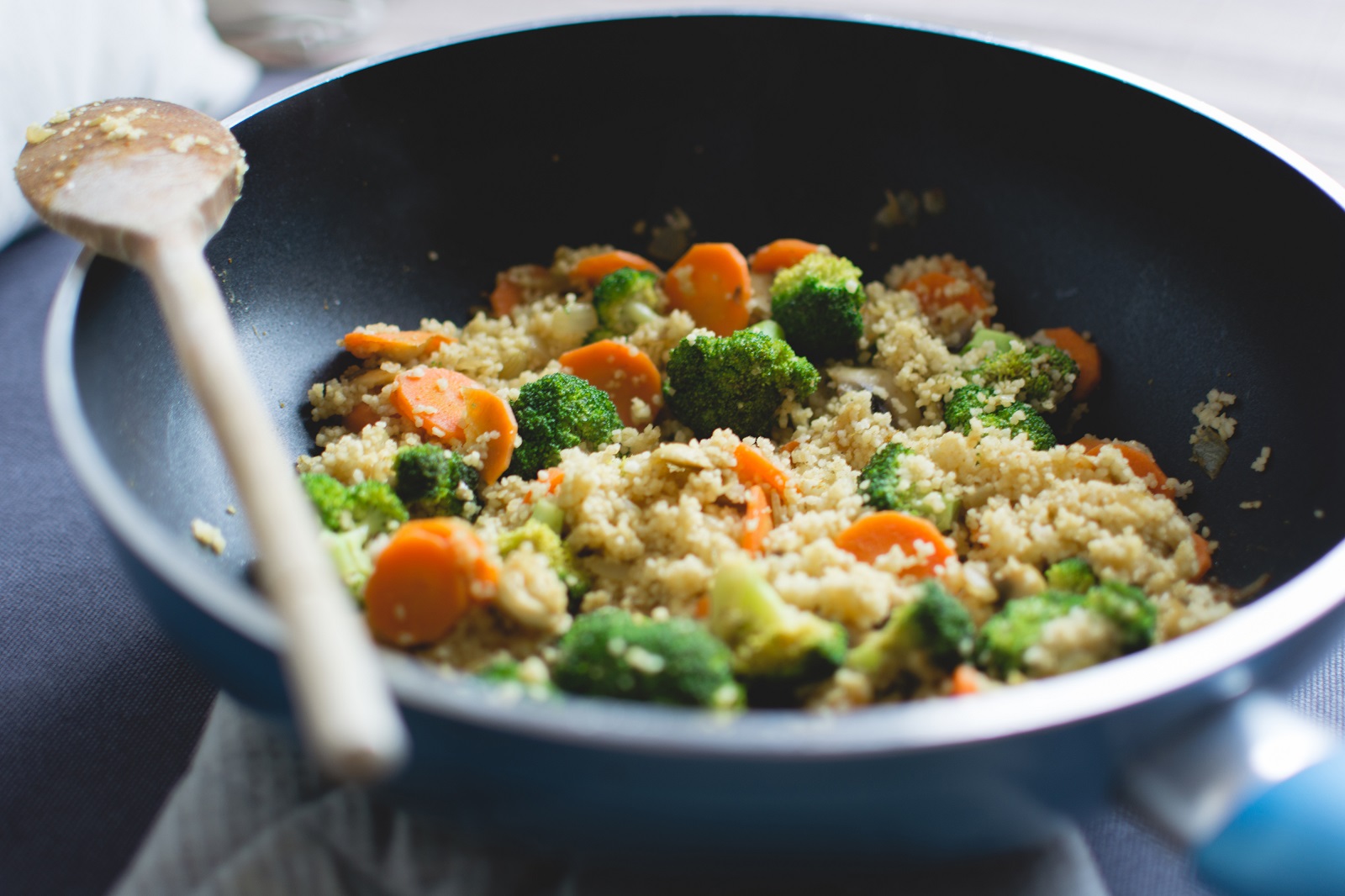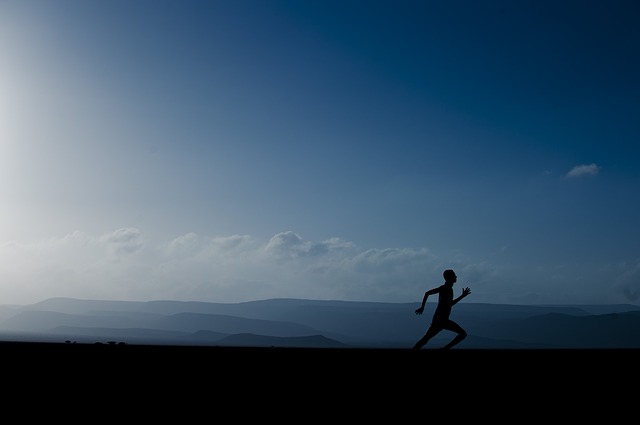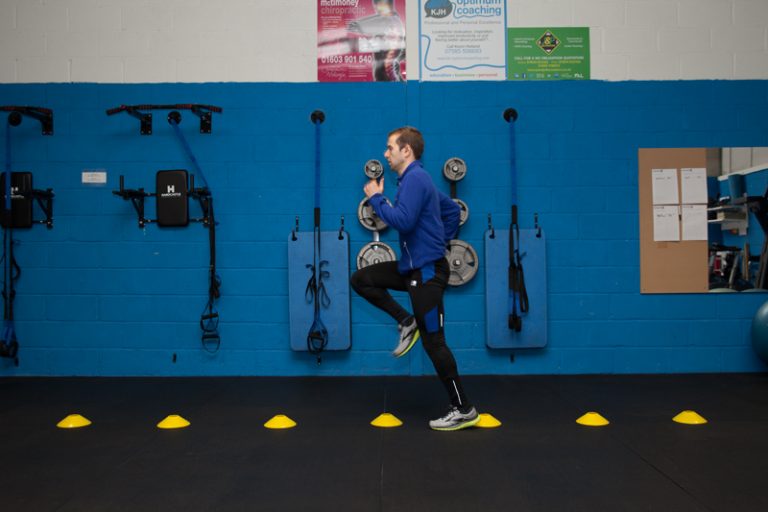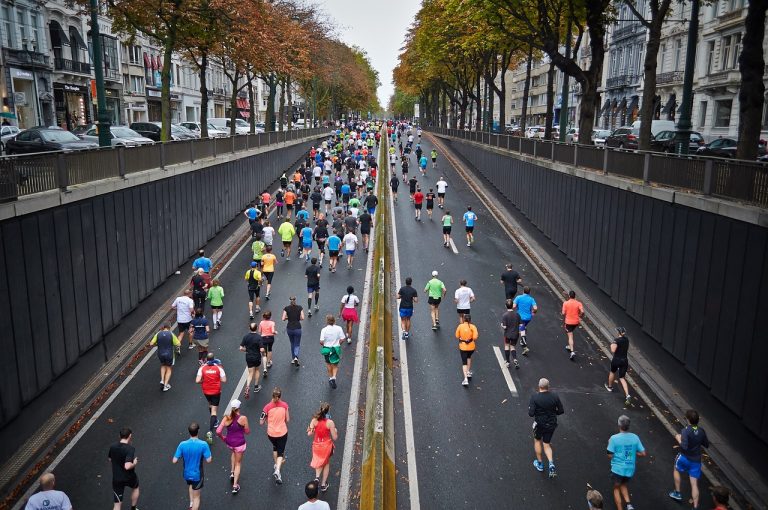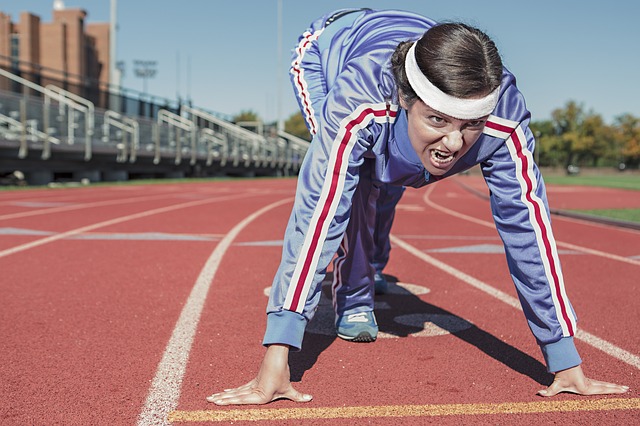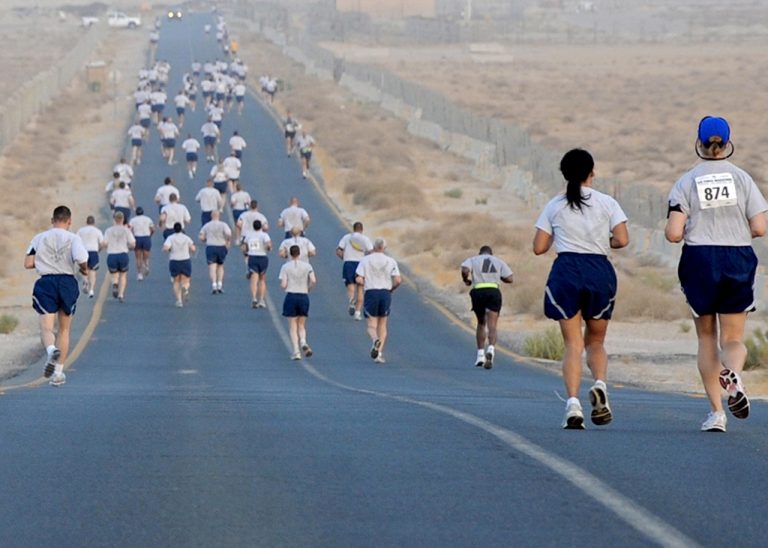Why you can eat less meat during marathon training
I’ll preface this blog with some context. I eat meat and animal products, and it’s not my place to try and tell you what to do. It’s a personal choice what we eat.
You might think that training for a massive feat of endurance like a marathon is the worst time to start reducing or eliminating meat from your diet, but it’s actually not the case.
Extra calories
With the increase in training load (volume and possibly intensity as well) your body is going to need a lot more calories, especially carbohydrates and fats for fuel. You won’t necessarily need more protein per day than you needed during normal training (e.g. for 10k races and half marathons) and despite many runners either not hitting this recommended amount of 1.4-1.6g of protein per kg of bodyweight daily, an increase in protein content can still be achieved with less or no meat.
Macronutrient split
Ultimately, you’ll be needing to eat a lot more pasta, rice, oats… all the good stuff that us runners love, and that always come with some protein.
If we take a runner of 70kg, they need 98-112g of protein per day, ideally split into portions of no more than 35g at a time. This 35g amount is the bit that makes it interesting. If we have a 75g portion of wheat based pasta, a portion or two of veg and a sauce of some sort, you’re already looking at roughly 13g of protein. With 100g of chicken breast containing approximately 30g of protein, you’d already be way over the useful protein amount for this meal, so reducing the meat portion is a good call.
No need to supplement
With so many great choices available now, there’s no need to supplement with protein shakes (unless you choose to) in order to hit your protein target, even without any meat at all.
Nuts, seeds and dairy or non-dairy cheese, yogurts etc. will keep you ticking over with good fat sources whilst adding in some protein to boot.
Products such as Vivera come with a good protein content, and are relatively low in carbs generally speaking, meaning you can still load up on pasta, potatoes and rice in your meals. To be honest, they’re far superior to Quorn and Linda McCartney products on the whole, having fewer useless or unhealthy ingredients, and are packed with vegetables which brings me on to my next point.
Less meat can mean more veg
Stay with me here. Vegetables can get boring after a while I know, but cooking, seasoning and even chopping them slightly differently can be enough to keep it interesting. They often have a few grams of protein per 80-100g portion, but more importantly, they contain vitamins, minerals, fibre, water and phytonutrients which improve our digestion and health. This alone will make you a better runner, because better fitness stands on the shoulders of better health.
Not eating meat or eating less meat doesn’t inherently make a person healthier, it simply means a switch in the types of foods eaten (potentially) which in turn can improve health.
You can even partially or fully swap traditional carb options. Wheat pasta can be traded out for lentil or bean pasta (these look weird but taste great and have a higher protein content with slightly fewer grams of carbs). Rice can be substituted for cauliflower or broccoli rice (I hate cauliflower but the rice is good). Noodles in a stir fry can be swapped for butternut squash, courgette, carrot or aubergine noodles. All of this means more food, plenty of protein and still meeting our energy needs for marathon training.
There you have it. Whether you choose to reduce or even stop eating meat is entirely up to you. Just know that if you want to make some changes, your running performance doesn’t have to be a reason not to.
Written by Kyle Brooks, Running Coach based in Norwich, Norfolk

